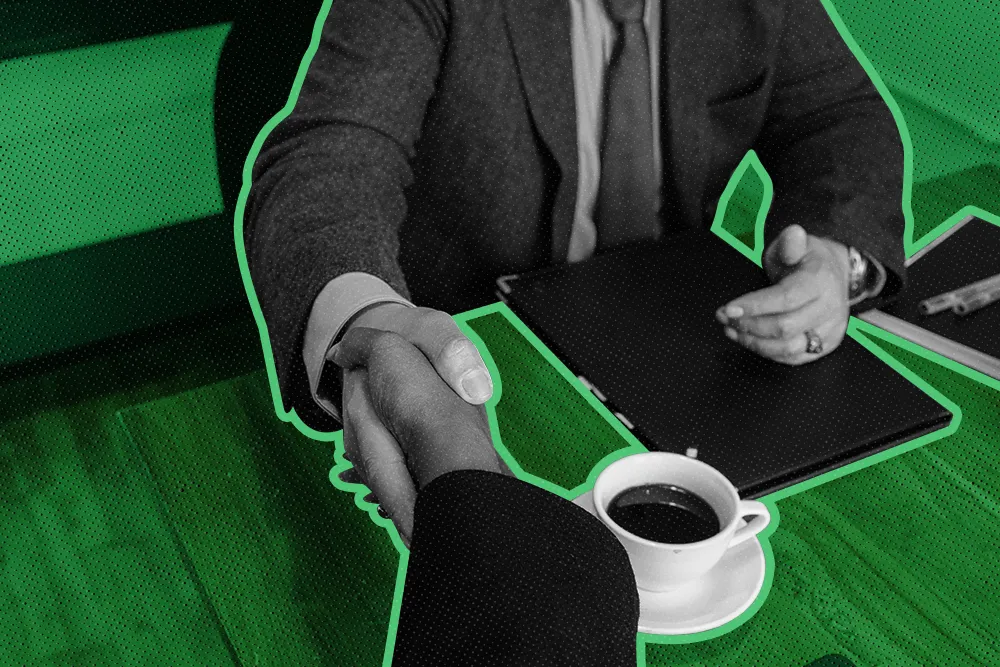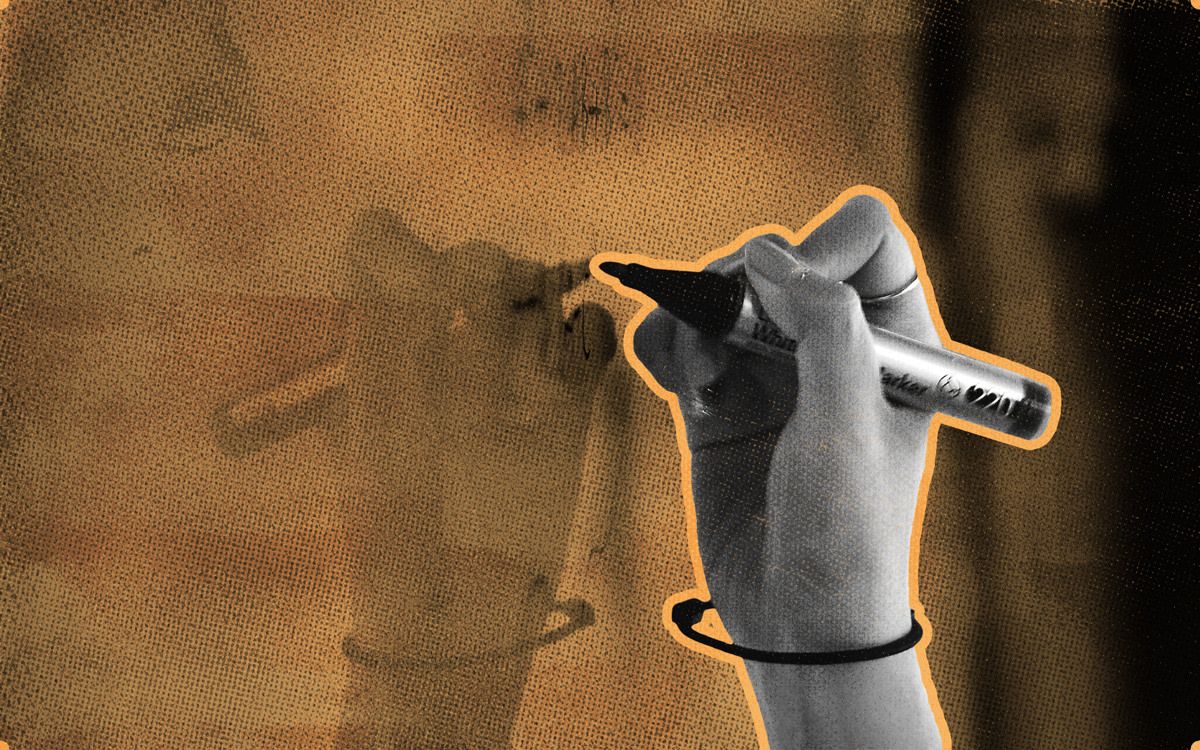
When I first started selling—my process was simple.
All I had was a pen and paper to get me started on my journey as a freight broker agent. 🚚
Since I stepped into the industry more than two decades ago, some parts have changed while others stayed the same. One area that has definitely evolved is our sales toolkit– the tools available to help us sell better.
And that's a good thing, considering how rapidly the industry is changing. From supply-demand issues to technological developments, sales reps now need a solid toolkit to stand a chance in our hyper-competitive, multi-billion-dollar industry.
I've now taken everything I've learned from my two decades of experience in the trucking and logistics industry and started to share my knowledge with others.
Here are some of the most important lessons I teach. 👇
Lesson #1: Freight logistics is still in the stone age. But the tools you use to sell don't have to be.
If you're in the freight broker industry, there's something we both know: if you don't get on the phone and talk to somebody, you can’t build the relationship you need to close a deal.
Folks, our industry is stuck in the stone age.
As much as we want to move to more streamlined marketing methods like cold email and automated marketing sequences, it’s moving so slowly that we still need to pick up the phone. Traffic managers just aren’t checking their inboxes in the middle of the day—but they will answer a call.
For as long as cold calling is our lifeline, we need to work with what we’ve got and make our sales calls as efficient and effective as possible.
But cold calls take up a lot of time.
Which is why I invested in tools like digital dialers to make my cold calling more effective. I now make about 50 calls a day thanks to my cold calling tools, instead of searching for contact numbers in a phone book or spreadsheet.
Here’s how it works.
I use Close (my non-stone age tool of choice) to predict what leads in my funnel I should call. Then, instead of wasting 70% of my time listening to a ringtone until somebody picks up on the other end, the predictive dialer routes me straight to a lead once they answer.
Not only does this save me a ton of time, but I can connect with prospects that actually want to talk to me and start building a relationship with them. Once they know who I am, I can follow up automatically using other channels like SMS or email and keep nurturing them until I get closer to a sale.
If our industry isn’t going to move out of the stone age, we need to take this kind of tech to the industry and use it to sell differently (and more effectively!).
Lesson #2: Client relationships take work, so you need to make the effort
If there's one thing that you take away from this article, let it be this: within the logistics industry, trust is everything. Everything.
Time and consistency are key in any type of sales. But just remember that when you get that one client, it's going to change your whole life. And while that new client can turn into a lifetime customer—you need to make an effort for it to happen.
I know you’ve got a lot on your plate between finding new prospects and cold calling people in your sales funnel, but checking in on leads that you haven’t closed just yet is worth your time and patience.
I use automatic reminders and call lists (called Smart Views) that prompt me to follow up with prospects that I'm trying to close every week (or month), so I can check in and see how they're doing.
Sorting out potential leads and creating a call list in Close helps me easily nurture people in my lengthy sales cycle.
When you keep up this level of consistency, you put yourself ahead of other sales folks in the logistics industry. You’re spending time building trust. And putting in the effort shows your prospect that you care about them succeeding.
What almost always happens when you put in this amount of effort with, say, a traffic manager, is that they run into an issue on their end. It may be a supply issue. Or they can’t find somebody to take a shipment. And they’re going to tell you that they need to get off the phone to fix it.
And when that happens—it’s your chance to be the hero and win them over. 🦸
You get off the call and find a transportation provider to take their shipment. And when you call back your prospect in 15 minutes and tell them that you've sorted it out for them—you're their hero.
My advice?
Get into the mindset that sales cycles in transportation logistics won't last a week. You can easily spend ten months building a relationship to close a client.
But once you put in the work and build a solid foundation, there’s a good chance you’ll have the client for life.
Lesson #3: Make your sales tools work for you
Finally, if you’re paying for sales tools like cold calling software or email marketing platforms, make sure they’re working for you and saving you time in day-to-day selling activities.
If you’re in the logistics world, you’ll know that transportation management tools are super clunky. They’re full of spreadsheets and forms that fill our days with data points and manual work. Before we know it, we’ve spent hours (and hours) finding phone numbers or figuring out what leads we should be chasing up.
Diving into this data is super important—it just needs to be easier.
My advice is to look at the sales tools you already use (or are considering investing in) and see how they can work smarter for you.
I've integrated apps like Zapier and Stripe to automate everyday data input tasks in my sales tech stack instead of spending hours doing it manually. For example, if somebody signs up for my logistics coaching course, I've integrated Zapier to gather their contact information and automatically send it to my sales funnel, which lives in Close.
Once the prospect is in my sales funnel, the nurturing begins. I'll get a notification to call them, or they'll automatically get the first touch over email or SMS.
Either way—they’ll hear from me.
Investing in the right sales tools will allow you to connect with more people throughout the day than if you stick with paper and pen. And more importantly, these tools make it easier to nurture prospects through the (long) sales cycle and build enough trust to close the deal.
The choice is yours—do you want to stay stuck in the (logistical) stone age, or are you ready to take the plunge, improve your selling processes, and get more done?
I know what road I’m taking. 🚚
Want to revolutionize the way your sales team cold calls? Find out how Close can help here!
If you're still unsure what your team needs from a CRM (or even if you're thinking, "what the heck is a CRM?"), we've got you. Check out our free resource: The CRM Buyer's Guide.

 Millisa is a leader in her field of Logistics. She is active in her local church, loves to travel, and has a very special place in her heart for Africa and Israel. She has 4 girls, ranging in age from 9 to 26, and family is super important to her.
Millisa is a leader in her field of Logistics. She is active in her local church, loves to travel, and has a very special place in her heart for Africa and Israel. She has 4 girls, ranging in age from 9 to 26, and family is super important to her.









